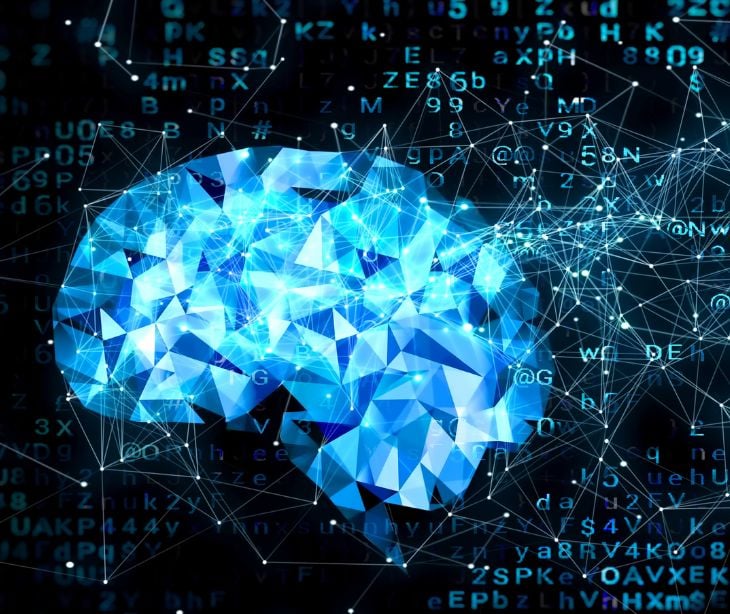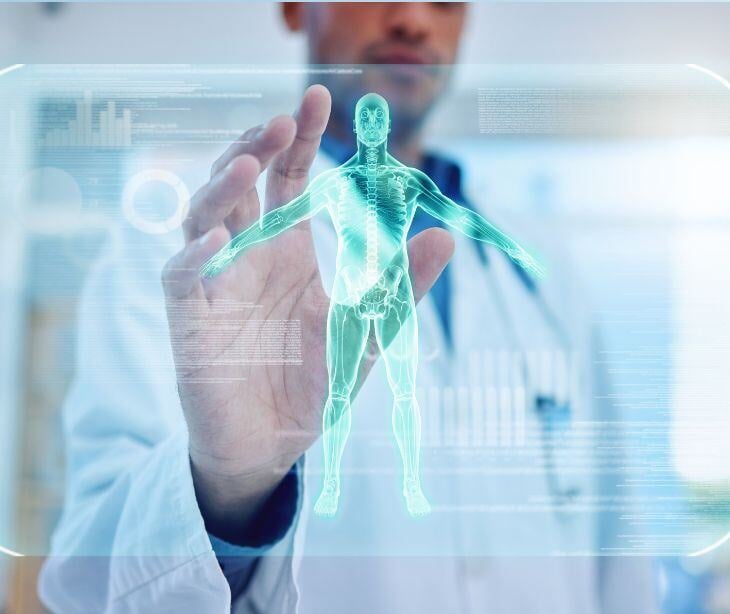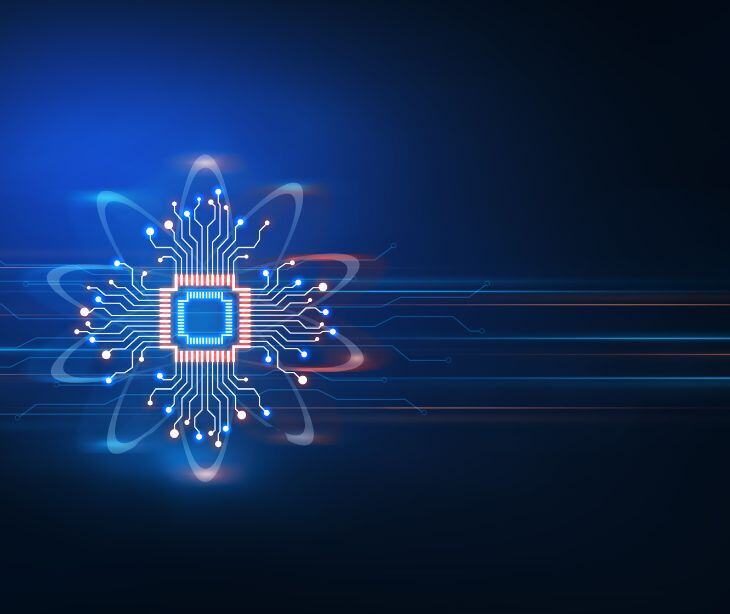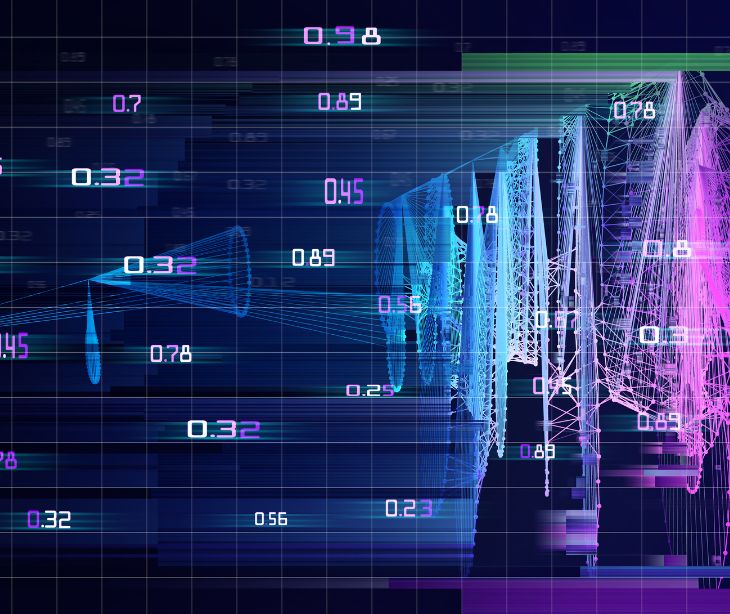
Artificial intelligence (AI) has revolutionized the healthcare industry, transforming how we diagnose, treat, and monitor patients. The emergence of AI in healthcare has brought about groundbreaking advancements that have improved healthcare research and outcomes. AI technologies can make Healthcare systems smarter, faster, and more efficient.
The potential of AI in healthcare
According to Revolutionizing healthcare: the role of artificial intelligence in clinical practice,
“Rapid AI advancements can revolutionize healthcare by integrating it into clinical practice. Reporting AI’s role in clinical practice is crucial for successful implementation by equipping healthcare providers with essential knowledge and tools.”
The potential applications of AI in healthcare are broad and far-reaching. This technology can analyze vast amounts of clinical documentation quickly, helping medical professionals identify disease markers and trends that may otherwise be overlooked. From scanning radiological images for early detection to predicting outcomes from electronic health records, AI has the potential to reshape the healthcare field.
Machine learning in healthcare
Machine learning is one of the most common examples of AI in healthcare. It is a broad technique at the core of many AI and healthcare technology approaches. Machine learning has significantly altered the healthcare system by enabling AI in medical diagnosis and treatment.
Machine learning algorithms can help healthcare professionals improve their treatments and reduce costs by analyzing patient records, medical imaging, and other healthcare data.
Read more: What is machine learning?
Natural language processing
Natural language processing (NLP) is another form of AI that has reshaped the healthcare industry. NLP enables computers to interpret and use human language and has numerous healthcare applications.
By applying NLP to medical records, AI systems can accurately diagnose illnesses by extracting useful information from health data. NLP can also be used to identify relevant treatments and medications for each patient based on their unique health data.
Read more: What is natural language processing?
Improved diagnoses and personalized treatments
One of the key benefits of AI in healthcare is its ability to provide more accurate diagnoses and enable more personalized treatments. By leveraging AI technologies like machine learning, medical professionals can make more informed decisions based on accurate information. Machine learning algorithms can quickly process large amounts of clinical documentation, identify patterns, and predict medical outcomes more accurately than ever before.
Administrative applications of AI
AI is revolutionizing the administrative aspects of healthcare. By automating tasks such as data entry, claims processing, and appointment scheduling, AI can free up time for providers and healthcare organizations to focus on patient care and revenue cycle management.
By analyzing a patient's medical history, AI systems can deliver better and faster results, reshaping the way healthcare providers deliver care. With the help of AI, medical professionals can devote more time and resources to their patients, ultimately improving the quality of care.
Read also: Using AI in patient data analysis
Challenges for AI in healthcare
While the potential of AI in healthcare is immense, several challenges need to be addressed for successful adoption. One of the most pressing challenges is data privacy and security. As AI systems collect large amounts of personal health information, proper measures must be in place to protect sensitive patient data from being misused. Ensuring compliance with federal regulations is also necessary to use AI ethically and without risking patient safety.
Another challenge is training AI algorithms to recognize patterns in medical data accurately. This requires extensive research and validation to ensure the AI system provides reliable advice and recommendations. Additionally, integrating AI with existing IT systems can be complex and requires a deep understanding of how existing technology works to ensure seamless operation.
The future of AI in healthcare
As AI advances in healthcare, its potential for improving medical practices and patient care is limitless. With the development of AI-powered tools and intelligent algorithms, AI can detect diseases faster, provide personalized treatment plans, and automate various healthcare processes.
The future of AI in healthcare holds great promise for advancements, improved health outcomes, and better patient experiences. By adopting AI technologies and integrating them seamlessly into clinical workflows, healthcare providers can deliver better and faster patient care while saving time and money.
In the coming years, AI in healthcare will become an invaluable asset that reshapes how doctors treat patients and deliver care. By embracing AI and working alongside it, medical professionals can leverage its capabilities to enhance their clinical practices and provide the highest level of patient care.
The future of AI in healthcare
As AI in healthcare continues to advance, its potential for improving medical practices and patient care is limitless. With the development of AI-powered tools and intelligent algorithms, AI can detect diseases faster, provide personalized treatment plans, and automate various healthcare processes.
A study on The potential for artificial intelligence in healthcare states that “AI has an important role to play in the healthcare offerings of the future. In the form of machine learning, it is the primary capability behind the development of precision medicine, widely agreed to be a sorely needed advance in care. Although early efforts at providing diagnosis and treatment recommendations have proven challenging, we expect that AI will ultimately master that domain as well. Given the rapid advances in AI for imaging analysis, it seems likely that most radiology and pathology images will be examined at some point by a machine. Speech and text recognition are already employed for tasks like patient communication and capture of clinical notes, and their usage will increase.”
In the coming years, AI in healthcare will become an invaluable asset that reshapes how doctors treat patients and deliver care. By embracing AI and working alongside it, medical professionals can use its capabilities to enhance their clinical practices and provide the highest level of patient care.
In the news
The WHO's recent report discusses regulating AI in healthcare. It brings to attention the broader challenges and potential risks associated with AI in various sectors, including ethical concerns, data privacy, and the amplification of biases. As the WHO identifies main focus areas like transparency, risk management, data quality, and privacy protection in healthcare AI, it brings to attention the need for oversight in all AI applications. The involved companies are required to respond within 45 days of receiving the order, marking a major moment in the regulation and oversight of the AI sector.
See more: WHO releases publication outlining considerations for AI in healthcare
FAQs
How does HIPAA apply to the use of AI in healthcare?
HIPAA (Health Insurance Portability and Accountability Act) applies to the use of AI in healthcare, as it governs the protection of patients' medical records and personal health information. When using AI technologies, it's necessary to ensure compliance with HIPAA regulations to safeguard patient privacy and data security.
Do healthcare providers need consent to implement AI solutions?
Yes, healthcare providers typically need informed consent from patients before using AI technologies for diagnosis, treatment, or other healthcare purposes. Obtaining consent is mandatory to ensure transparency and respect for patients' autonomy in the use of AI-driven healthcare interventions.
What technologies can be used to integrate AI into healthcare processes?
Healthcare professionals can use various technologies to integrate AI into healthcare, including machine learning algorithms, natural language processing (NLP), computer vision, and predictive analytics.
Subscribe to Paubox Weekly
Every Friday we'll bring you the most important news from Paubox. Our aim is to make you smarter, faster.



